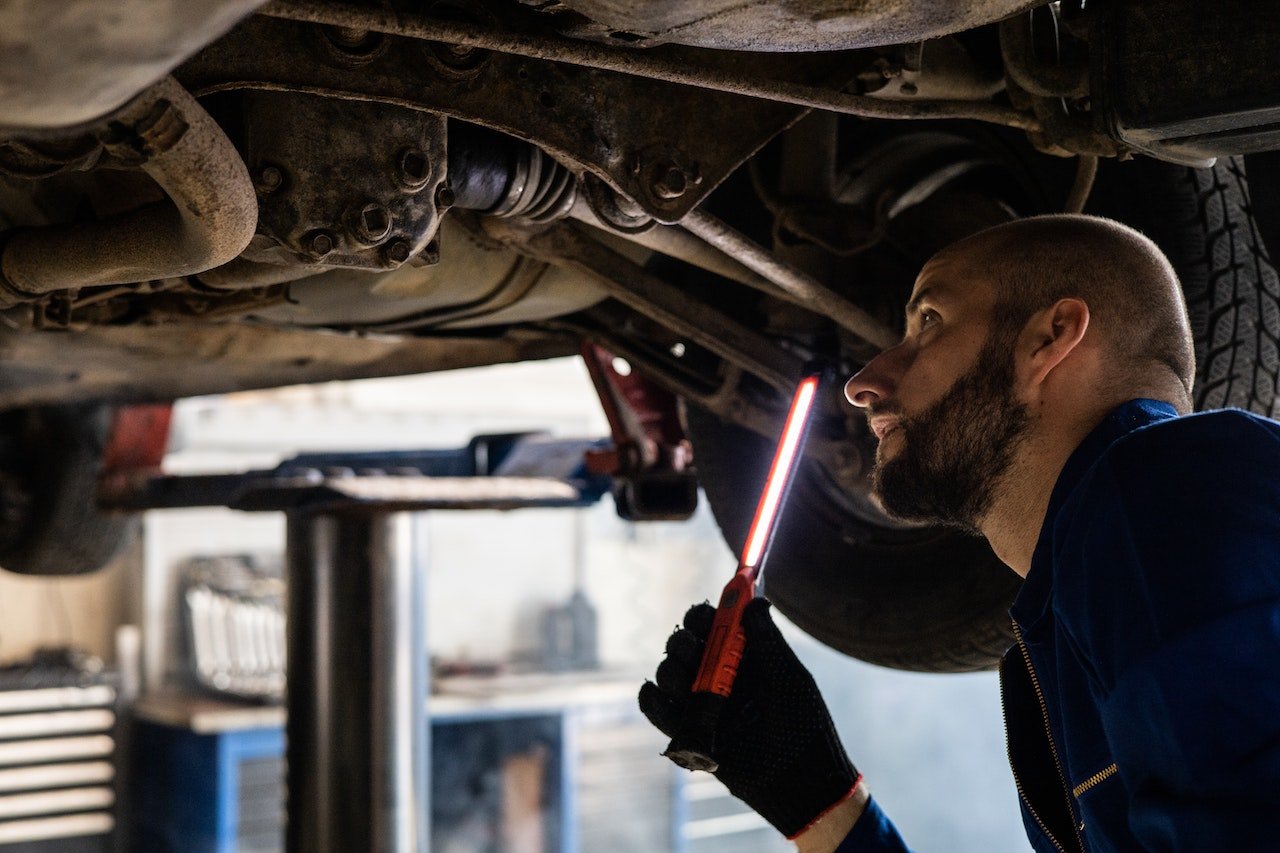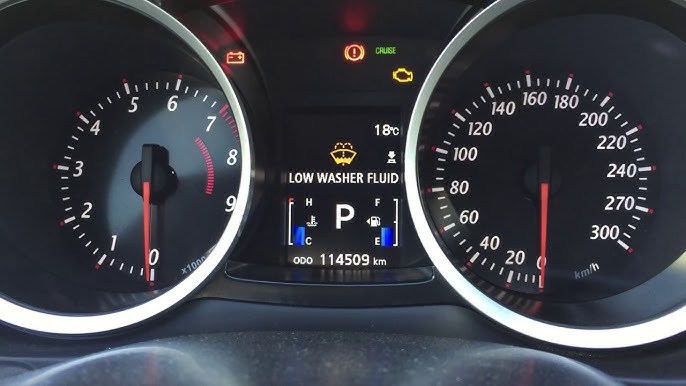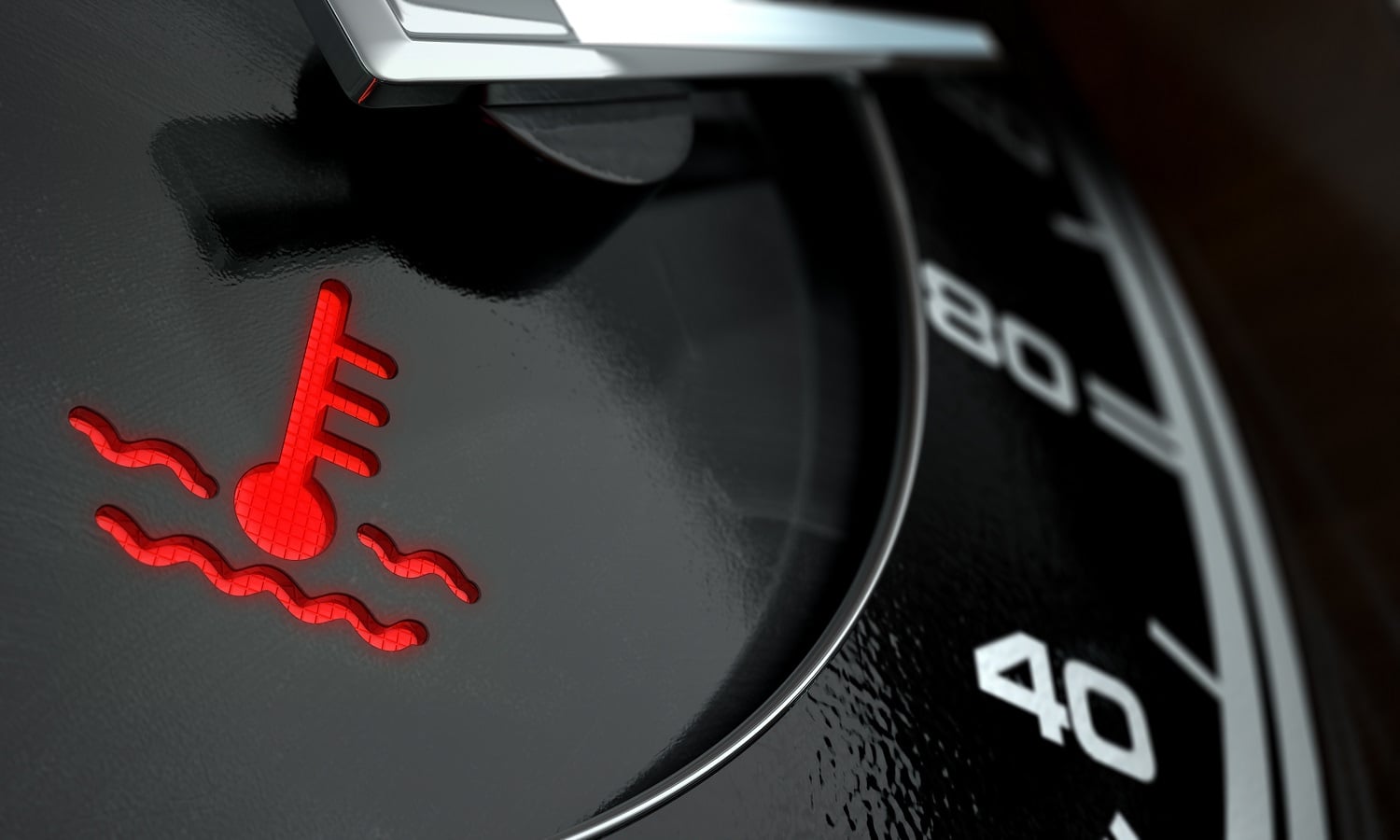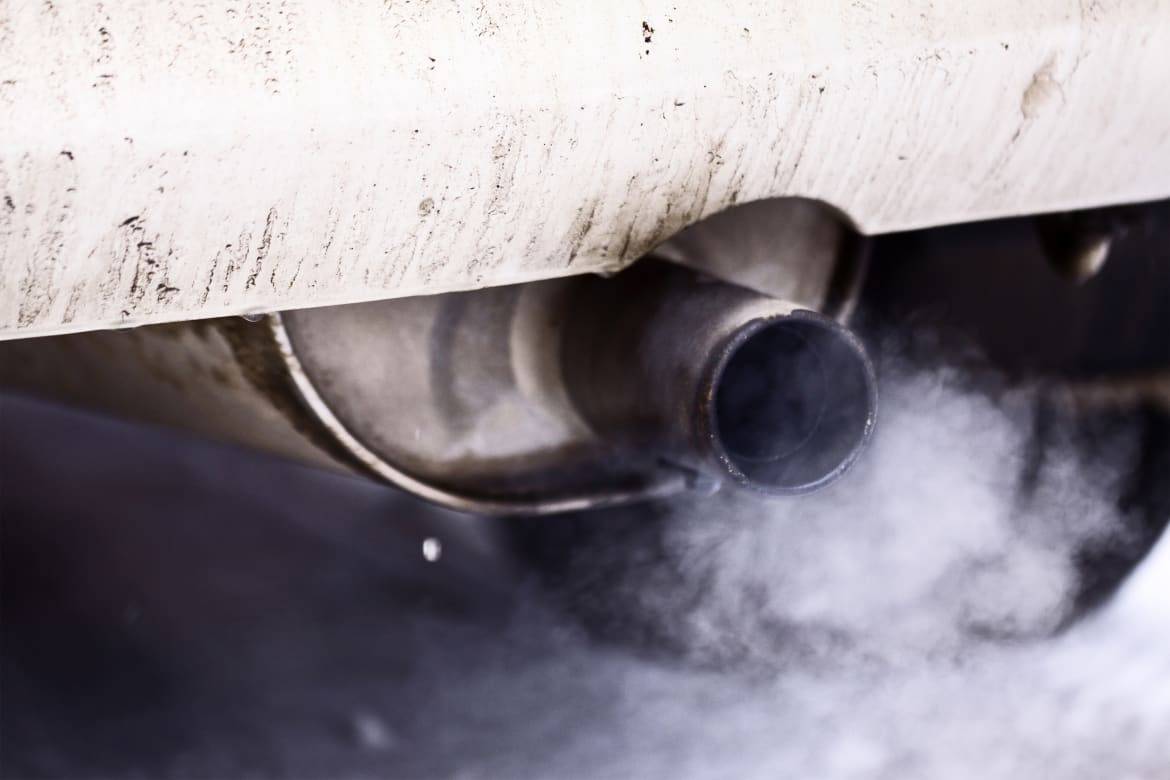How Long Does It Take to Fix a Gas Leak in a Car
Fixing a gas leak in a car typically takes anywhere from 1-5 hours. The exact duration depends on the leak’s severity and location.
Discovering a gas leak in your car can be alarming, and addressing it promptly is crucial for safety and vehicle health. High-quality service for such a repair is essential, as the risks associated with gas leaks are significant, including the potential for fire.
A trained mechanic can diagnose the problem quickly, often using advanced technology to detect even the smallest leaks. Once the source is identified, the mechanic can replace damaged lines, seals, or fuel components. It’s important to choose a reputable auto repair shop to ensure the job is done correctly and efficiently. Regular maintenance can help prevent gas leaks, but if one arises, professional assistance will get you back on the road safely and with minimal downtime.

Credit: m.youtube.com
Recognizing A Gas Leak In Your Car
Staying alert to the health of your car is crucial for safety and efficiency. A common yet serious issue is a fuel leak. Knowing how to spot a gas leak can save time, money, and prevent dangerous situations. Let’s dive into how to recognize a gas leak in your car.
Signs And Symptoms Of A Fuel Leak
Fuel leaks leave several telltale signs that drivers should watch out for:
- Smell of gasoline: One of the most obvious signs. If you smell fuel, there might be a leak.
- Puddles or spots under the car: Look for clear or dark liquid pooled under the vehicle when parked.
- Visible fuel on the car’s underside: A visual check might reveal wet spots along fuel lines.
- Engine issues: A car struggling to start could indicate fuel is not reaching the engine properly due to a leak.
- Fuel gauge drops quickly: If the gauge lowers faster than usual, fuel might be leaking out.
Dangers Associated With Gas Leaks
Gas leaks are not just inconvenient, they’re risky. Here’s why:
| Risk | Explanation |
|---|---|
| Fire Hazard: | Fuel is flammable. Leaks near hot engine parts can ignite. |
| Health Risks: | Inhaling fumes can cause headaches and dizziness. |
| Environmental Harm: | Leaked fuel can pollute the environment, harming wildlife. |
| Financial Loss: | The wasted fuel can add up in cost over time. |
| Engine Damage: | Persisting leaks may lead to more serious engine problems. |
A gas leak is a critical issue that requires immediate action. Be alert to the signs and understand the risks involved. Quick detection and repair can stem the dangers and get your car back on the road safely.

Credit: www.jdpower.com
Initial Steps When You Suspect A Gas Leak
The unmistakable scent of gasoline may spark immediate concern. Identifying a gas leak in your car demands swift action.
Safety Measures
Ensuring safety is pivotal when you detect a gas leak. Follow these steps:
- Quickly turn off your car’s ignition.
- Avoid smoking or using open flames near the vehicle.
- Ensure the car is in a well-ventilated area, preferably outdoors.
- If indoors, open garage doors to dissipate fumes.
- Evacuate all passengers to a safe distance.
Consulting A Professional
A professional mechanic must address a gas leak. They have the right tools and expertise.
Contact a mechanic immediately. Explain the issue clearly. Drive the car only if the mechanic agrees it’s safe.
If necessary, opt for a towing service to the repair shop. This avoids potential hazards while driving.
Diagnostics And Repair
Identifying and fixing a gas leak in your car is crucial for safety and efficiency. The process can vary in time, depending on the leak’s location and severity. Usually, it involves a thorough diagnostic followed by precise repair work. A professional mechanic will often take several steps to ensure your vehicle is safe to drive.
Methods For Locating A Gas Leak
Mechanics use different techniques to find gas leaks. They look for visual signs and use special tools. Here are some methods:
- Visual Inspection: Check for fuel stains or puddles under the car.
- Sniff Test: Smell around the car for the strong scent of gasoline.
- Pressure Test: A pressure gauge attaches to the fuel pump to find leaks.
- UV Dye: Special dye in the fuel makes leaks visible under UV light.
- Smoke Machine: A non-toxic smoke reveals the leak’s exact location.
Common Repair Techniques
Once the leak is found, mechanics fix it using reliable methods:
- Hose Replacement: Old or damaged hoses get replaced with new ones.
- Tightening Connections: Loose fuel line fittings are secured tightly.
- Fuel Tank Repair: Small holes in the tank can be patched or the tank replaced.
- Fuel Injector Service: Faulty injectors get cleaned or swapped out.
- Gasket Replacement: Worn gaskets are replaced to prevent leaks.
These repairs typically vary in time. Small leaks may take a few hours to fix. Larger issues might require more extensive work over several days. It’s best to consult with a skilled mechanic who can provide an accurate time estimate.

Credit: www.wikihow.com
Time Factors Involved In Repair
Facing a gas leak in a car is a serious matter. Quick repair is crucial for safety and to prevent further damage. The time to fix can vary greatly. Understanding the factors that influence repair durations is vital.
Average Duration Of Repairs
The average time to fix a gas leak might range from a few hours to a full day. This depends on several elements including:
- The complexity of the leak
- Location of the leak within the fuel system
- Availability of necessary parts
- The speed at which a mechanic can begin work
Simple leaks may just need a hose replacement, concluding repairs in less time. More complex issues, like those involving the fuel tank, might require more extensive work.
Influence Of Car Make And Model
The make and model of a car can have a significant impact on repair durations due to:
- Design complexities of the vehicle
- Particulars related to the specific fuel system
- Availability of parts for certain makes or models
Common models may have parts readily available, resulting in quicker repairs. Meanwhile, luxury or rare vehicles may need special order parts, extending repair time.
| Car Type | Part Availability | Expected Repair Time |
|---|---|---|
| Common models | High | Shorter |
| Luxury/rare vehicles | Low | Longer |
Cost Implications
Understanding the cost implications of fixing a gas leak in a car is crucial. It involves considering various factors, including the extent of the damage and labor costs. This section helps car owners estimate repair costs and grasp the elements that influence the total.
Estimating The Cost Of Repair
When tackling a gas leak, several variables come into play. Here is a general breakdown:
- Parts: Includes hoses, clamps, and seals.
- Labor: Charges per hour for mechanic’s work.
- Diagnosis: Fees for identifying the leak source.
A simple leak may cost as low as $150, while more complex issues can exceed $1,000.
Factors Influencing The Total Cost
The final bill hinges on multiple components:
- Severity: Larger leaks require more materials and time to fix.
- Car Make and Model: Some vehicles demand specialized parts or labor.
- Location of the Leak: Hard-to-reach areas may increase labor costs.
- Local Rates: Mechanics’ rates vary by region.
| Factor | Impact on Cost |
|---|---|
| Severity of Leak | Directly proportional to the cost. |
| Vehicle Type | Unique models may incur higher costs. |
| Leak Position | Difficulty accessing increases labor time. |
| Regional Labor Rates | Fluctuates with local economy. |
Preventing Future Gas Leaks
Preventing Future Gas Leaks in your car is crucial for safety and cost-efficiency. Gas leaks can lead to a variety of problems, potentially including hazardous situations. Maintaining your vehicle properly can help you avoid these issues down the road. Let’s explore key steps to prevent this problem.
Routine Maintenance Tips
Regular checks play a vital role in catching gas leak issues early. Below are easy-to-follow maintenance tips:
- Regular Inspections: Check for fuel smells often.
- Hose Checks: Look at your fuel lines periodically.
- Tighten Connections: Ensure fuel system fittings are snug.
- Filter Replacements: Change fuel filters based on your manufacturer’s guidelines.
- Professional Evaluations: Get a pro to inspect your fuel system yearly.
Quality Parts And Installation
Using top-quality parts can prevent future issues. Installation by skilled mechanics is also key. Here’s why both matter:
| Quality Parts | Skilled Installation |
|---|---|
| Durable materials last longer. | Experts spot potential problems. |
| Proper fit prevents leaks. | Correct tools and techniques matter. |
| Manufacturer’s warranty offers peace of mind. | The right installation avoids future costs. |
Consider original equipment manufacturer (OEM) parts for the best quality. Always trust a certified mechanic for installation works.
Frequently Asked Questions For How Long Does It Take To Fix A Gas Leak In A Car
How Quickly Can A Gas Leak Be Fixed?
Repairs for a gas leak can typically be made within a few hours. However, the exact timing depends on the leak’s severity and location. Simple hose replacements are quicker, while complex issues may take longer.
What Causes Automotive Gas Leaks?
Gas leaks in cars are often due to worn fuel lines, rusted tanks, or faulty connections. Regular wear and tear or damage from road debris can also lead to leaks. Identifying the cause is crucial for a proper fix.
Is Driving With A Gas Leak Safe?
Driving with a gas leak is dangerous and not recommended. It poses a fire risk and could lead to health problems from inhaling fumes. If you suspect a gas leak, get it inspected and repaired immediately.
What Are The Signs Of A Car Gas Leak?
Signs of a car gas leak include a strong smell of gasoline, visible fuel on the ground, and a decrease in fuel efficiency. You might also hear a hissing sound from the leak area.
Conclusion
Addressing a gas leak in your car is essential for safety and efficiency. Repair times vary, typically ranging from an hour to a full day. Swift action can limit dangers and costs, so consult a professional mechanic promptly. Regular maintenance can prevent such issues, ensuring your vehicle’s optimal performance.






